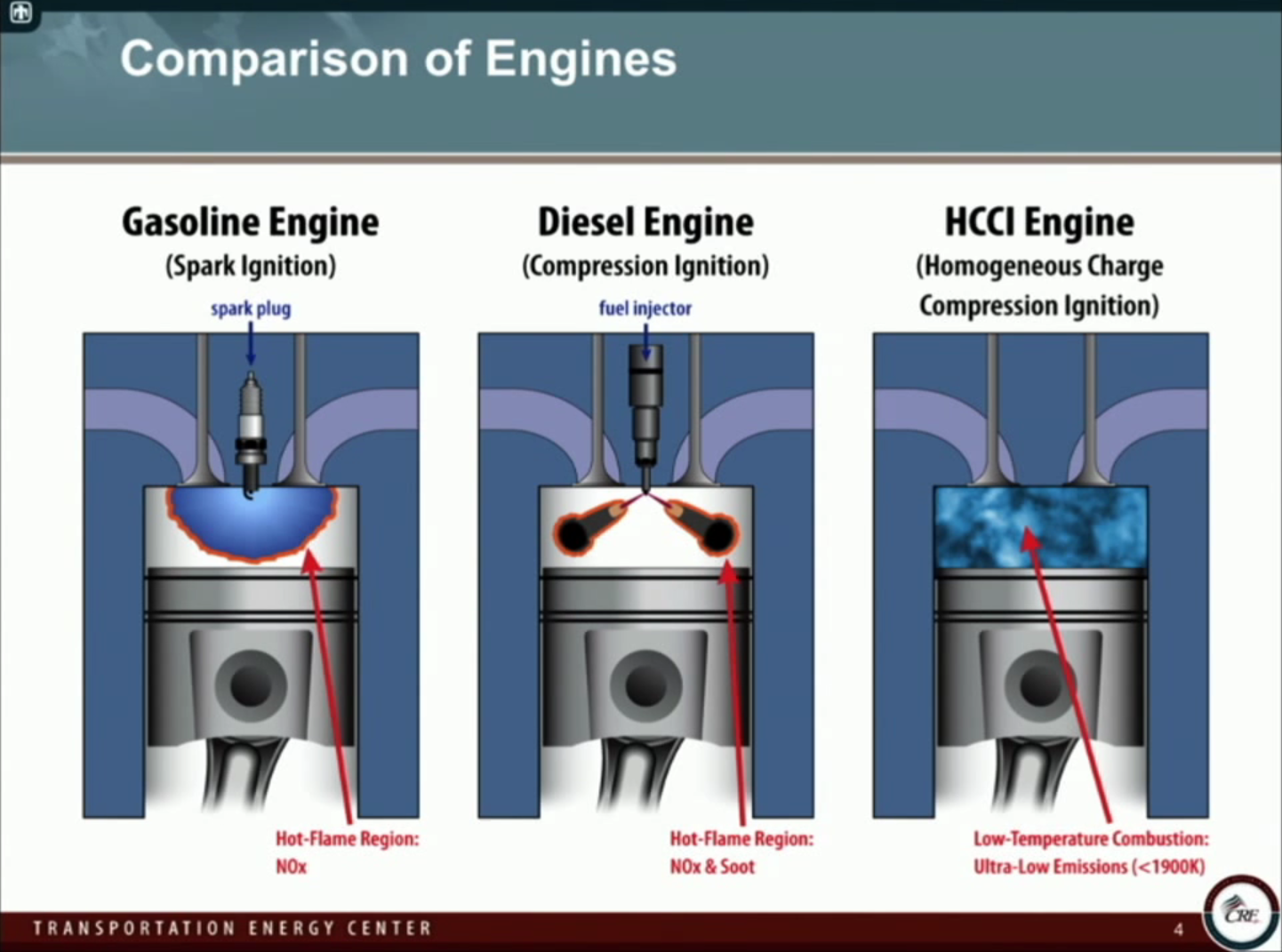Video: Towards Exascale Simulation of Turbulent Combustion, Jacqueline Chen (Sandia National Laboratories, USA)
Recording of a plenary presentation during the PASC15 Conference. www.pasc15.org
Abstract
Exascale computing will enable combustion simulations in parameter regimes relevant to next-generation combustors burning alternative fuels. The first principles direct numerical simulations (DNS) are needed to provide the underlying science base required to develop vastly more accurate predictive combustion models used ultimately to design fuel efficient, clean burning vehicles, planes, and power plants for electricity generation. However, making the transition to exascale poses a number of algorithmic, software and technological challenges. As Moore’s Law and Dennard scaling come to an end exascale computing will be achieved only through massive concurrency. Addressing issues of data movement, power consumption, memory capacity, interconnection bandwidth, programmability, and scaling through combustion co-design are critical to ensure that future combustion simulations can take advantage of emerging computer architectures. Co-design refers to a computer system design process where combustion science requirements influence architecture design and constraints inform the formulation and design of algorithms and software. The current state of petascale DNS of turbulent combustion will be reviewed followed by a discussion of current combustion exascale combustion co-design topics: 1) architectural modeling and simulation of the behavior of combustion applications on future extreme architectures; and 2) programming model and runtime for heterogeneous, hierarchical machines with inherent variability. While bulk synchronous programming and data parallelism have been operative at the petascale, the movement to exascale requires a shift towards asynchronous programming, where to extract maximum parallelism, both data and task parallelism accessing disjoint sets of fields is required. An example from a recent refactorization of a combustion DNS code, S3D, using an asynchronous model, Legion, with dynamic runtime analysis at scale will be presented.
Biography
Jacqueline H. Chen is a Distinguished Member of Technical Staff at the Combustion Research Facility at Sandia National Laboratories. She has contributed broadly to research in petascale direct numerical simulations (DNS) of turbulent combustion focusing on fundamental turbulence-chemistry interactions. In collaboration with computer scientists and applied mathematicians she is the founding Director of the Center for Exascale Simulation of Combustion in Turbulence (ExaCT). She received several DOE INCITE Awards in the last few years and the Asian American Engineer of the Year Award in 2009.
Chair: Gretar Tryggvason (University of Notre Dame, USA)

